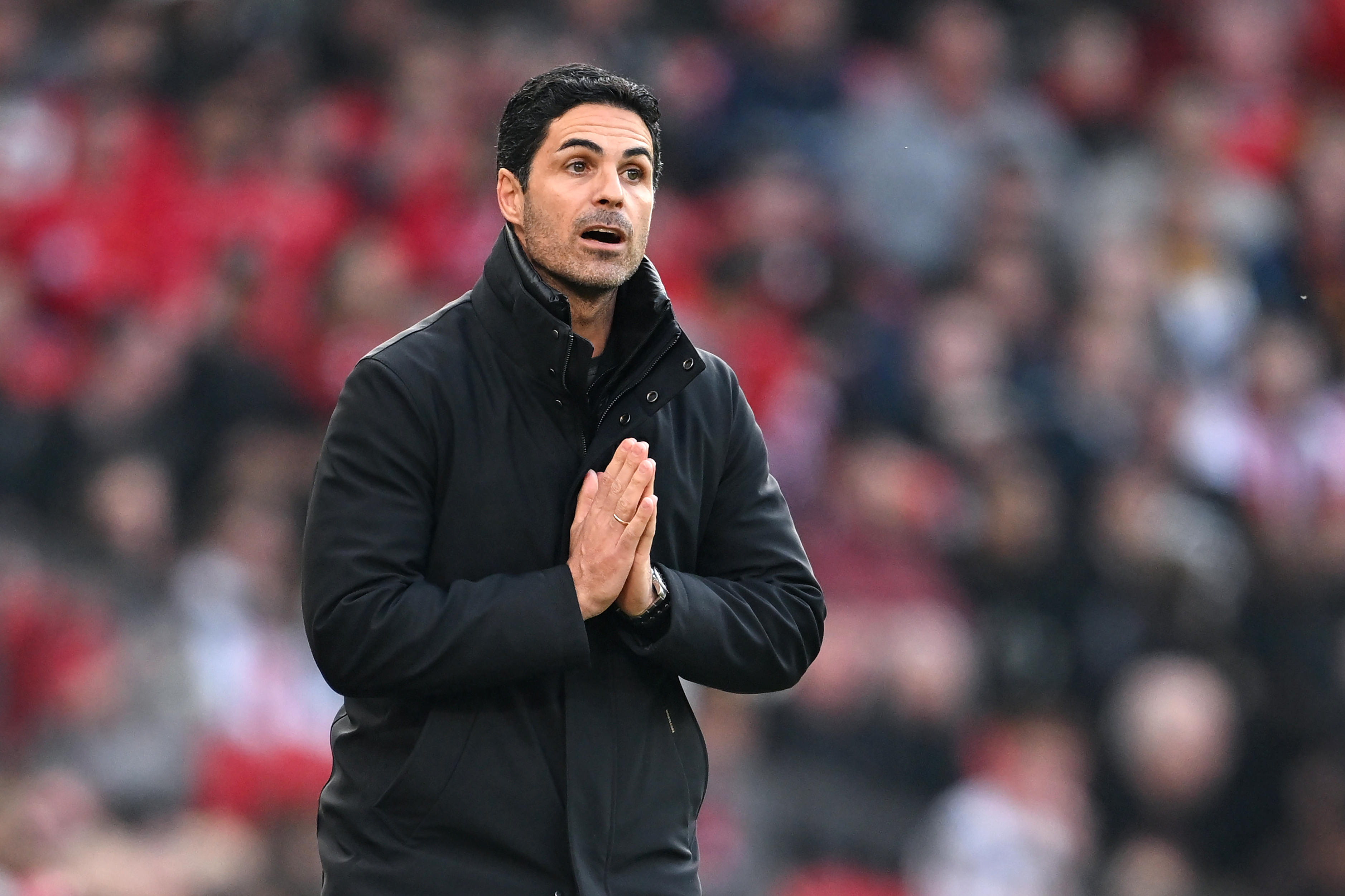Why does everybody hate Harry Redknapp? How the People's Champion lost his crown
In 2012, Harry Redknapp was the popular choice for the England job. Since then, he's gone from Champions League to Championship and his critics have grown ever louder. James Maw wonders how the People's Champion lost his crown...
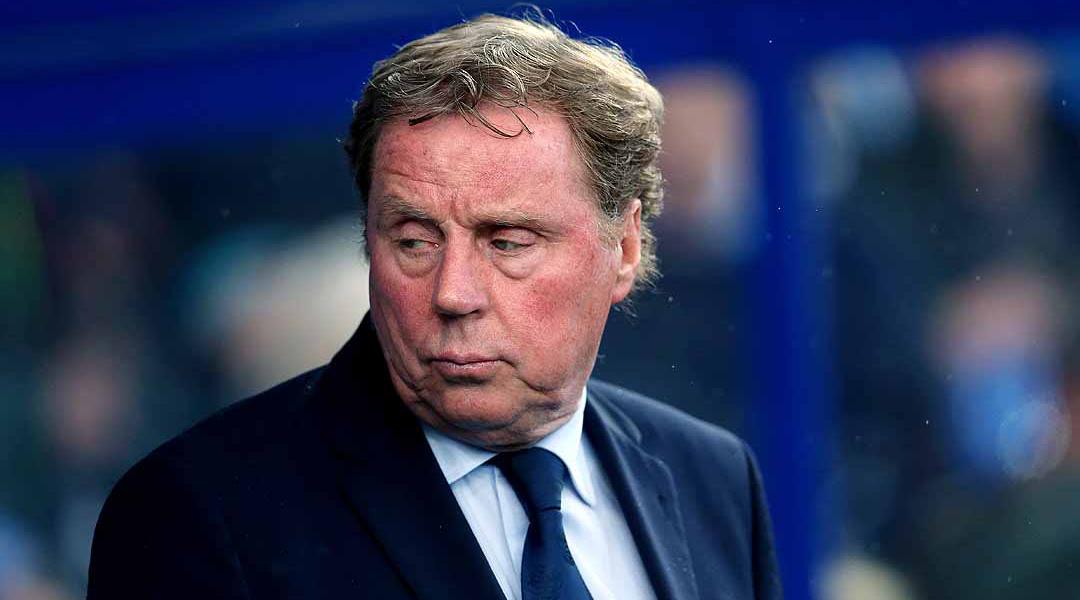
Wednesday February 8 2012 is not a day Harry Redknapp will forget in a hurry.
Just hours after he was cleared of all charges relating to a high-profile tax evasion case, he was being made the bookmakers’ favourite to replace the departing Fabio Capello as England manager.
Three days later, his Tottenham teamed waltzed to a 5-0 win over Newcastle that left them third in the Premier League, 10 points clear of London rivals Arsenal and Chelsea with 13 matches remaining.
At this point, it seemed there were two possible paths for Redknapp: leading Spurs into the Champions League and possibly into a new era of glory, or leading England to Euro 2012 and possibly on to the 2014 World Cup in Brazil. To paraphrase the man himself, he’d never had it better.
The magic was clearly still working. “You can talk with him – he’s always open, and gives his players a lot of confidence,” Rafael van der Vaart, who played for Redknapp at Spurs, told FourFourTwo in 2011.
“He has that knack,” Shaka Hislop, a Redknapp signing at both West Ham and Portsmouth, added in a 2012 FFT cover story that featured 'Knappsy' donning a crown. “He has an ability to make you play like the player you think you are in your wildest dreams.”
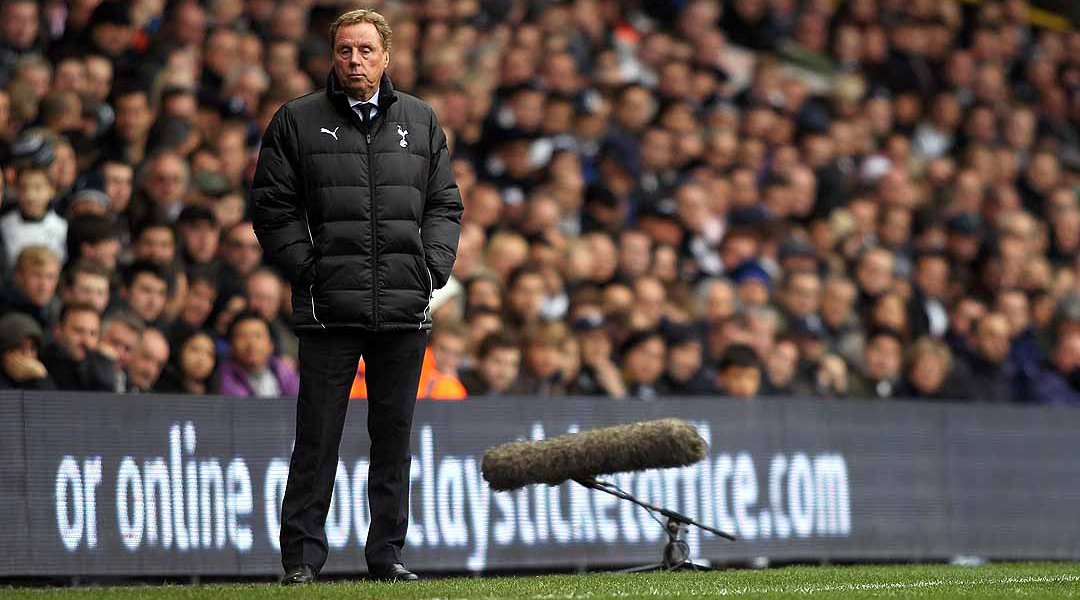
Yet two years on from that week when it seemed he had the football world at his feet, Redknapp - having failed to take Tottenham back into the Champions League, been sacked by Spurs' hard-nosed chairman Daniel Levy and then been relegated with Queens Park Rangers - was watching his Rs side lose a Championship game at Derby County. It was the first of three straight losses that left the West Londoners’ hopes of automatic promotion from the second tier in tatters.
Get FourFourTwo Newsletter
The best features, fun and footballing quizzes, straight to your inbox every week.
His professional reputation was taking a pounding. Having failed to keep an expensively assembled team in the Premier League the previous season, he was now struggling to take the biggest and best squad in the Championship back at the first attempt.
In the end, Rangers limped over the line, snatching a last-minute winner in the play-off final against a seemingly superior Derby side. Redknapp seemed distant, at times almost uninterested in the task at hand. It seemed a little of the old lustre had gone, as if all the physical and mental strain of the last two years was finally taking its toll. He was like a man, for want of a more appropriate phrase, suffering from a broken heart.
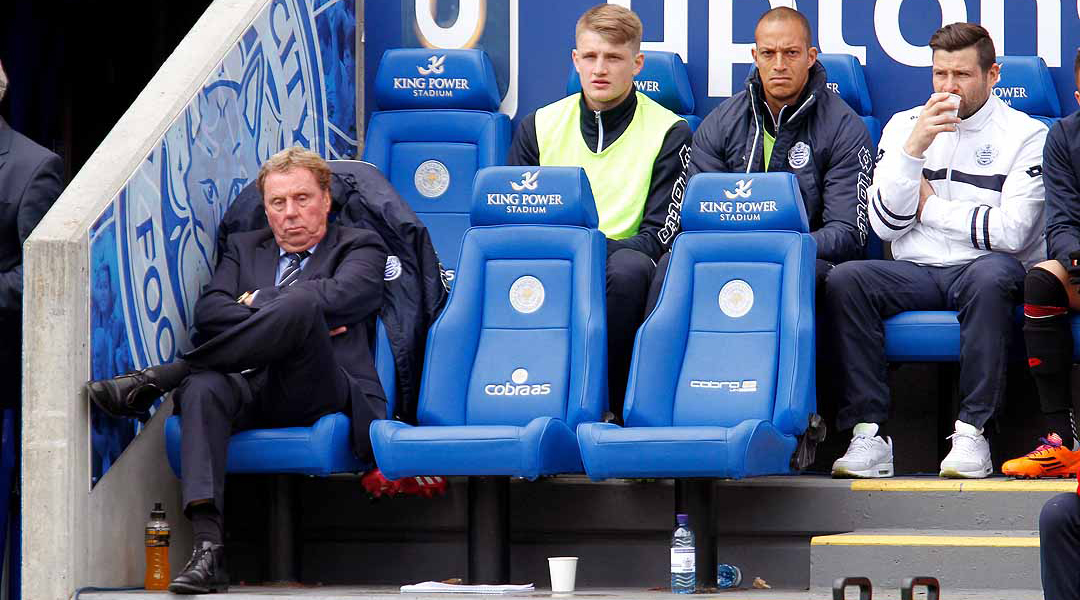
Having been widely tipped to walk the division, QPR finished fourth, scoring just 60 goals in the process – just two more than a Birmingham City side who only avoided relegation on goal difference. There was little of the old trademark swagger or fire.
What became of the People's Champion?
Redknapp was never everybody’s cup of tea, but he was once a popular figure – football’s archetypal straight-talking cheeky chappie. A YouGov poll conducted just days after Capello left his post as England manager in 2012 found that 42% of fans wanted the then Spurs boss to replace the Italian; for context, Jose Mourinho got just 17% of the vote. Yet when FFT polled fans of every Premier League club last week, the Londoner was revealed to be the most hated manager in the division, bagging 25% of the vote.
This wasn't just jealous fans of Redknapp's rivals sticking the boot in: many at the clubs he has left behind have harsh words for their former boss. Most West Ham fans feel he wasted the money raised by the sale of Rio Ferdinand on a string of mediocre players (Titi Camara and Rigobert Song to name but two).
Most Portsmouth fans hate him for jumping ship for Southampton, before returning to oversee an era of lavish short-termist spending which ultimately brought the club to its knees.
Most Southampton fans hate him for failing to keep their team in the Premier League, then toddling off back to Portsmouth when the following season’s promotion push didn’t take shape. Most Tottenham fans hate him for failing to commit to a club that stood by him during his legal difficulties when the England job came up.
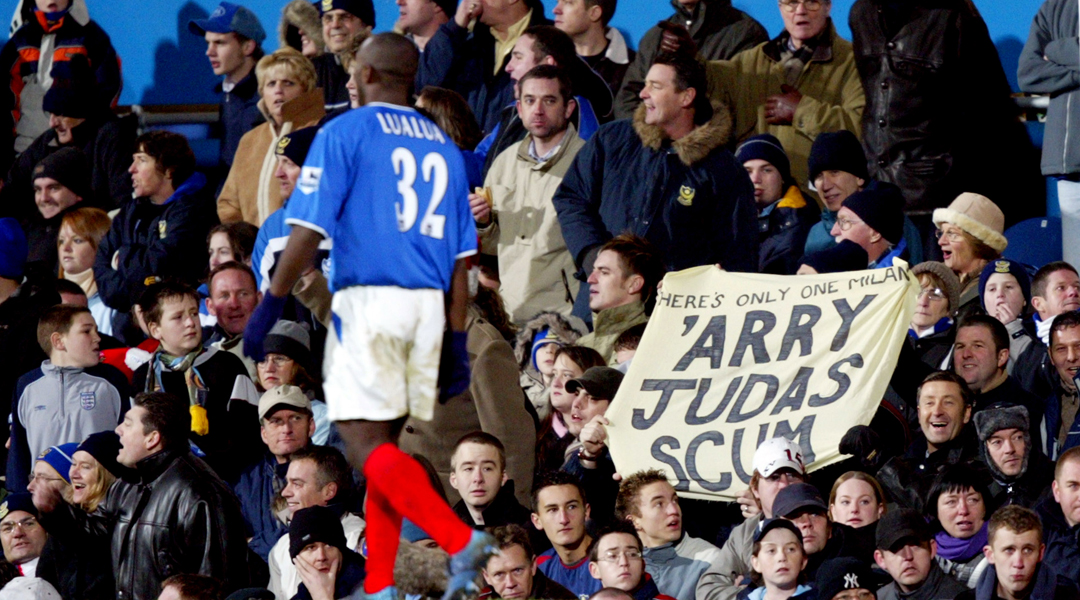
And it’s not just fans of Redknapp’s former clubs who are no longer feeling the love.
"The car window interviews, the fawning from Sky Sports News, describing every player as 'triffic' and doing an utterly terrible job at QPR but getting away with it in the play-off final. I could go on," Aston Villa fan Ryan Walmsley said in last week's survey. "He's the manager for people who don’t know football," added Crystal Palace fan Kevin Gunner.
Don't call him a wheeler-dealer…
It could also be said that, while none of the legal charges down the years have stuck, perhaps some of the mud has: ask most fans why they don't like Redknapp and a significant percentage will question his wholesomeness. Clearly that’s unfair given his courtroom clearances, but while the perception of Redknapp as a Del Boy-esque ‘wheeler dealer’ may not be one he particularly enjoys these days, he has rarely avoided the transfer-deadline media frenzy.
Football fans love gossip and nobody provides it quite like Harry. His close relationship with the sections of the press has encouraged the loving collection of every soundbite, including those which get him into trouble.
“When I was at Tottenham, when full internationals came around, there were two or three players who did not want to play for England,” he told BBC Radio 5 live after England’s World Cup defeat to Uruguay, merrily jumping aboard the our-boys-aren't-up-for-it bandwagon.
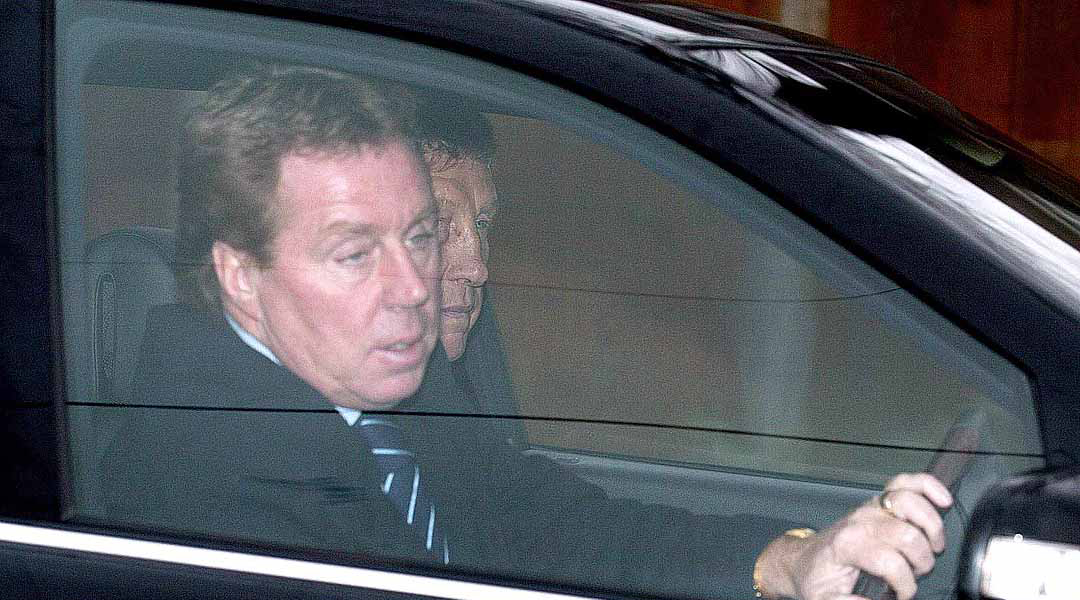
The comments irked the then England skipper Steven Gerrard, who said Redknapp should name the players, if his claims were true. He didn't, and the story went away before England's players even returned from Brazil, but Redknapp had got himself a little airtime and some column inches when they otherwise would have been reserved for Roy Hodgson and his team.
Redknapp also has a nasty habit of publicly name-checking players he may fancy taking to his club (mostly 'top players' and 'triffic lads' who he insists he can't talk about because they're under contract). Wherever he goes there is significant playing-staff churn, as he publicly complains about being down to the "bare bones"; certainly he's seldom been a man to go in and revitalise, without replacing, the existing playing staff.
Signings 9-1 Tactics
That short-termism hinders the promotion of youth players: unless they're clearly good enough for the first team (see West Ham's golden generation of the late 90s) and money is not forthcoming, Redknapp has long been likelier to splash the cash than nurture a kid.
During Redknapp's near-four years at Tottenham, Jake Livermore was the only academy graduate given his first Premier League start (we'll ignore Peter Crouch, given he was re-signed for £9m from Portsmouth). By comparison, in the two years since Daniel Levy swung the axe, Steven Caulker, Andros Townsend, Harry Kane and Nabil Bentaleb have all made their first top-flight start for the club.
Redknapp generally preferred to bring in a Steven Pienaar or a Ryan Nelsen than bring through a wet-eared teenager. It's this lack of long-term thinking that could be one of the reasons England preferred Roy Hodgson, a man more than happy to do the rounds of St George's Park dealing with the youth groups and promoting a holistic policy aimed at improving the side for the forthcoming years, not months.
The QPR boss has also made it abundantly clear that tactics aren’t his bag – after all, this is a man who admitted his only instruction to Roman Pavlyuchenko in one of his early games in charge of Spurs was to ‘f***ing run around a bit’.
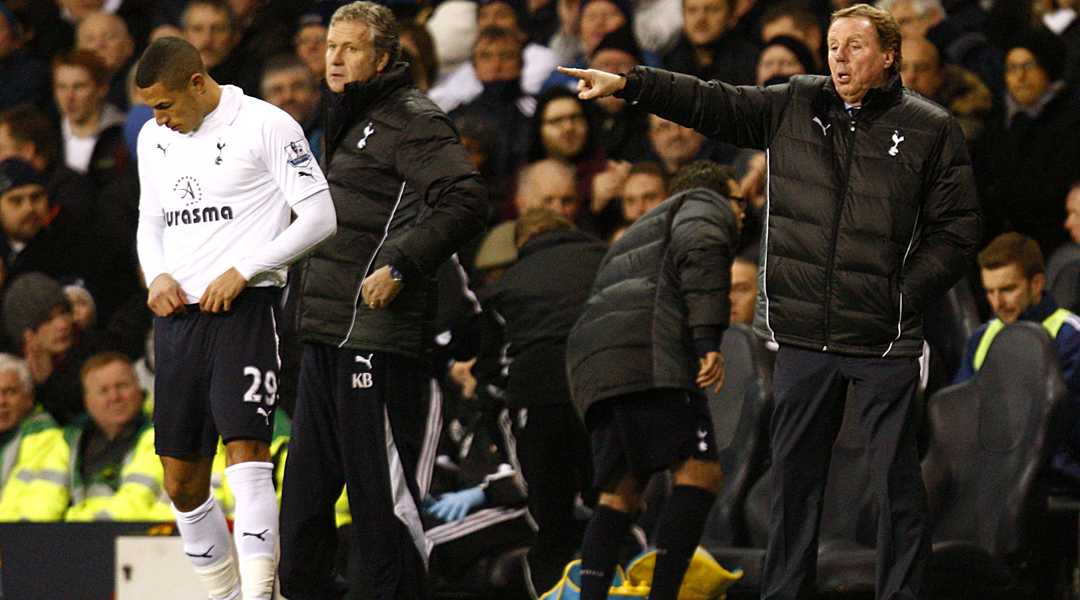
“You can argue about formations, tactics and systems forever, but to me football is fundamentally about the players,” Redknapp once wrote in his Sun column. “Whether it's 4-4-2, 4-2-3-1, 4-3-3, the numbers game is not the beautiful game in my opinion. It’s 10% about the formation and 90% about the players.”
It's something that can come as a refreshing change for players and fans alike – for a while, at least. "There are no long and boring speeches about tactics, like I was used to at Real Madrid," Rafael van der Vaart revealed during his time at White Hart Lane. "There is a clipboard in our dressing room, but Harry doesn't write anything on it. It's not that we do nothing – but it's close to that."
Action and reaction
Redknapp clearly isn't as big a tactical rube as he likes to claim. He had enough ideas to take Portsmouth into the Premier League and to the FA Cup, and Spurs into the top four and to the Champions League quarter-finals; furthermore, there’s certainly something in his claim that any system is at the mercy of its players.
However, there's an undertone of the curled lip about his dismissal of tactics: a reactionary anti-intellectualism which will always strike a chord with some supporters. The question is, how many? In recent years, the increased coverage and analysis of worldwide football has made the average spectator much more knowledgeable (and therefore opinionated) about the game.
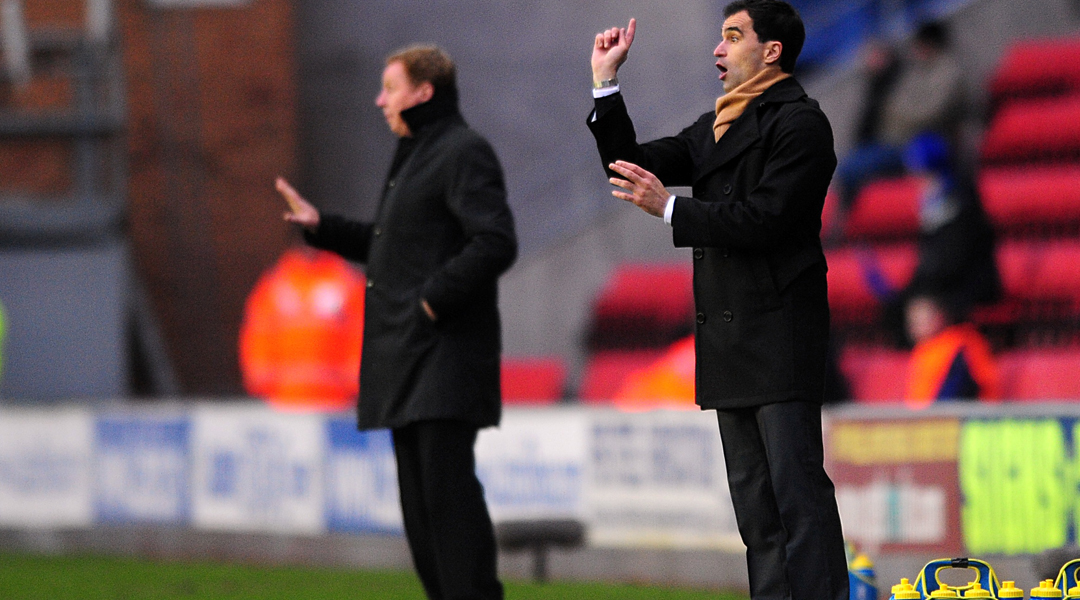
Many fans have developed a taste for something perhaps a little more refined than the shattering of tea-cups and a smattering of expletives - after all, the most popular Premier League manager in FFT's poll was the mild-mannered and almost bookish Roberto Martinez of Everton. The most successful coaches now – both domestically and abroad – adopt a far more studious approach. Fans are far more likely to have confidence in a coach who knows his arse from his enganche.
Perhaps that's the trouble with Harry: he's always been the man for today rather than tomorrow, and it seems increasingly like he's a figure of the past.
